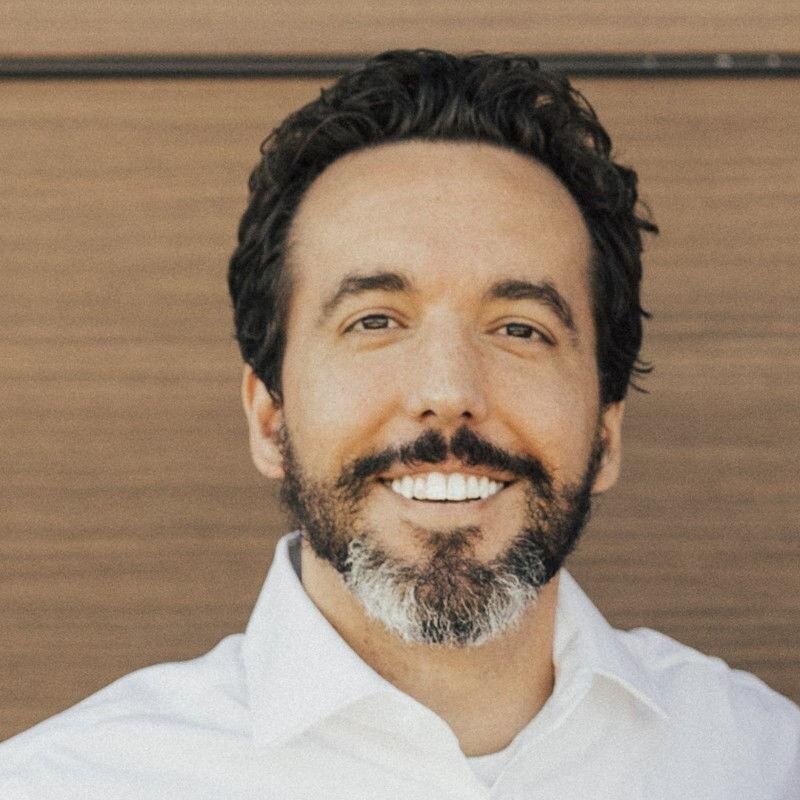What does it take to become a foster parent?
May is National Foster Care Month, which is a time to celebrate the families who provide a vital role in the safety net for children who have suffered from maltreatment. Foster families across our community provide safe and loving homes for children who need love and support the most.
This item is available in full to subscribers.
Attention subscribers
To continue reading, you will need to either log in to your subscriber account, below, or purchase a new subscription.
Please log in to continue |
What does it take to become a foster parent?
May is National Foster Care Month, which is a time to celebrate the families who provide a vital role in the safety net for children who have suffered from maltreatment. Foster families across our community provide safe and loving homes for children who need love and support the most.
Among organizations that serve children and families, there is growing emphasis on services to help families stay together so that foster care does not become necessary—services such as counseling for parents and children and classes that give parents strategies and tools to manage their children's behaviors. Over the last several years, policymakers have put increased emphasis on efforts to prevent abuse and preserve families, knowing the trauma that is often caused when a child is removed from a familiar environment, even when that environment causes harm.
However, some children still must be removed from their homes for their own safety, which means there is still a need for families to step forward to provide temporary care (foster care). Families who are considering providing foster care often have great questions and sometimes misconceptions about what the process entails. We want to begin to answer those questions and help families gain a clearer understanding of what foster care involves.
What is required to become a foster parent?
At a minimum, a foster parent must be at least 21 years old, be in good physical health, pass a criminal background check and be able to financially provide for a child.
Can I foster if I am not married?
At DePelchin, our foster families come in all shapes and sizes, regardless of marital status, gender or sexual orientation. They are renters or homeowners, have children of their own or no parenting experience. What they all share is a genuine desire to care for children and the ability to provide a safe and loving home.
How long does it take to become a foster parent?
The process of becoming a foster parent with DePelchin typically lasts between three and six months, beginning with one of our free informational orientations. Among other steps involved, prospective foster parents must submit an application and other documentation, complete a required trauma-informed training program and participate in a home study to ensure the home meets all safety standards.
Do you have to be wealthy to become a foster parent?
No. In addition to funds made available from the state, different organizations provide different levels of financial support. For example, at DePelchin, training and home study are free, we reimburse the cost of background checks, and provide support for clothing and educational expenses.
What type of other support do you provide?
We assign caseworkers to all of our foster families and those caseworkers visit the home at least once a month to ensure that the child is doing well and to see what resources the family may need.
Sometimes a family provides foster care until the child can be reunited with his or her birth family, and sometimes the foster family becomes a forever family through the legal process of adoption. All foster parents are important, and all are critical to the safety net we try to provide for the most vulnerable children among us.
If becoming a foster family sounds like something worth exploring, please visit depelchin.org/foster-care to learn more and sign up for one of our informational sessions. When Foster Care Month comes around next year, we might be celebrating you!
Jesse Booher is Senior Vice President and COO for DePelchin Children’s Center, which provides foster care and other services for children in families in Houston, San Antonio, Austin and Lubbock.






